Our certifications
In order to ensure the continuous improvement of its processes and services—and to reinforce its commitment to protecting and creating value for its Customers, Stakeholders, and People—Sisal has undertaken a comprehensive journey to adopt international standards and best practices, achieving the following certifications across various areas.
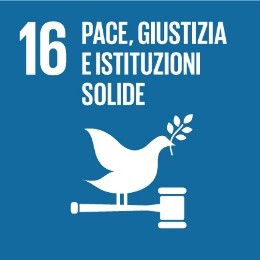
- 16.5 Substantially reduce corruption and bribery in all their forms.
Sisal has implemented and certified an anti-bribery management system compliant with standard ISO 37001 - Anti-bribery management system, and has adopted a Group Anti-Bribery Policy aiming to help ensure compliance with the law and international best practices, in order to concretely implement the culture of legality, prevention and the fight against bribery.
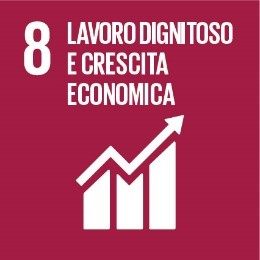
- 8.2 Achieving higher standards of economic productivity through diversification, technological progress, and innovation, with a particular focus on high added value and labor-intensive sectors
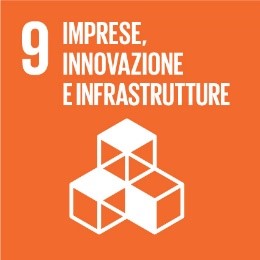
- 9.1 Developing high-quality, reliable, sustainable, and resilient infrastructure—including regional and cross-border infrastructure—to support economic development and human well-being, with an emphasis on equitable, affordable access for all
Sisal, both in Italy and in various foreign subsidiaries, has implemented and certified a quality management system in accordance with standard ISO 9001 - Quality Management System with the aim of analysing and monitoring business processes, improving effectiveness and efficiency in product manufacture and service delivery, and achieving and increasing customer satisfaction.
These goals have been highlighted in our Quality Policy document.
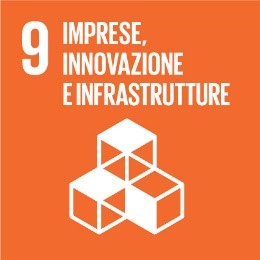
- 9.1 Developing high-quality, reliable, sustainable, and resilient infrastructure—including regional and cross-border infrastructure—to support economic development and human well-being, with an emphasis on equitable, affordable access for all
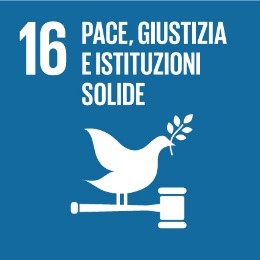
- 16.10 Ensure public access to information and protect fundamental freedoms, in accordance with national legislation and international agreements.
Sisal is committed to guaranteeing the security of its data and information, in order to ensure their integrity, confidentiality and availability at all times. To this end, it has implemented and certified a management system compliant with standard ISO 27001 - Information security management system and summarised its main goals in the Policy document.
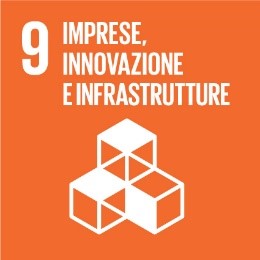
- 9.1 Developing high-quality, reliable, sustainable, and resilient infrastructure—including regional and cross-border infrastructure—to support economic development and human well-being, with an emphasis on equitable, affordable access for all
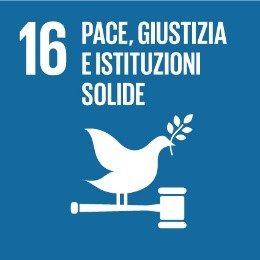
- 16.10 Ensure public access to information and protect fundamental freedoms, in accordance with national legislation and international agreements
The management of incidents in information security and information privacy is a strategic issue in order to restore normal service operations as quickly as possible, with minimal disruption to business service and ensuring that the best levels of service and availability are maintained. To this aim, Sisal has obtained certification of its processes in accordance with the international standard ISO/IEC 27035.
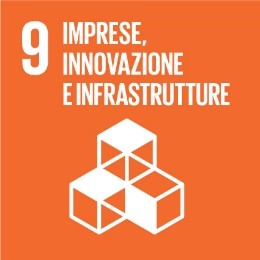
- 9.1 Developing high-quality, reliable, sustainable, and resilient infrastructure—including regional and cross-border infrastructure—to support economic development and human well-being, with an emphasis on equitable, affordable access for all
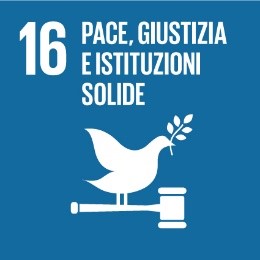
- 16.10 Ensure public access to information and protect fundamental freedoms, in accordance with national legislation and international agreements
Sisal puts the care and protection of the privacy of the people whose data it processes first, considering them the founding pillars of its Privacy and Data Ethics culture and strategy. To this end, it has implemented and certified a management system compliant with ISO 27701 - Privacy information management system and summarised its objectives in the Policy document.
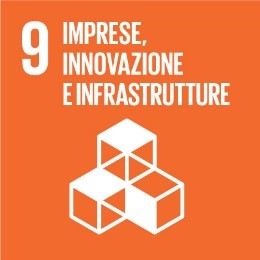
- 9.1 Developing high-quality, reliable, sustainable, and resilient infrastructure—including regional and cross-border infrastructure—to support economic development and human well-being, with an emphasis on equitable, affordable access for all
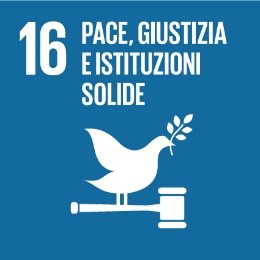
- 16.10 Ensure public access to information and protect fundamental freedoms, in accordance with national legislation and international agreements
Aware of the social role of our business, consumer protection is our first commitment and the most relevant challenge for our business, the core of our corporate purpose.
We have therefore implemented and certified a scheme specific to our industry, which describes the practices required for an effective security management structure by which a lottery can maintain the integrity, availability and confidentiality of information vital to its secure operation, promoted by the World Lottery Association.
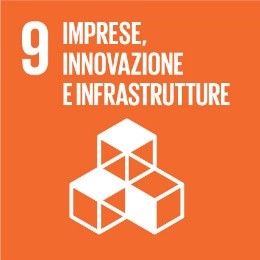
- 9.1 Developing high-quality, reliable, sustainable, and resilient infrastructure—including regional and cross-border infrastructure—to support economic development and human well-being, with an emphasis on equitable, affordable access for all
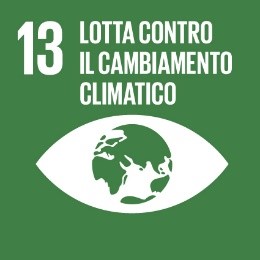
- 13.1 Strengthen resilience and adaptation to climate-related risks and natural disasters in all countries
Sisal is committed to concrete actions that help make our organisation more resilient and ensure the continued supply of our critical products and services.
To this end, it has implemented and certified a management system in accordance with standard ISO 22301 - Business continuity management system, which demonstrates our ongoing commitment to prevention, readiness, response and recovery from unexpected and disruptive incidents with the aim of providing a timely and adequate service.
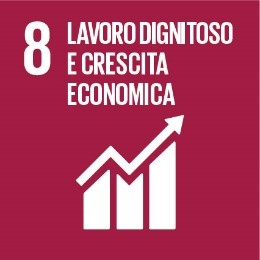
- 8.8 Protect the right to work and promote a healthy and safe working environment for all workers, including immigrants, particularly women, and those in precarious employment
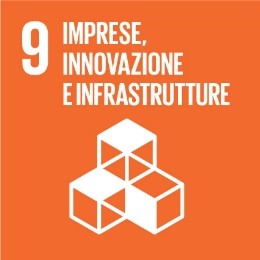
- 9.4 By 2030, improve infrastructure and sustainably reconfigure industries, increasing resource efficiency and adopting cleaner and healthier industrial technologies and processes, ensuring that all states take action in accordance with their respective capabilities
Sisal is constantly committed to ensuring adequate working conditions under the aspects of health, wellbeing and equality practices, putting the worker at the centre, protecting and even enhancing “human” factors (the wellbeing of the worker as a person) together with “technical-economic” (professionalism, competence in work) and “social” factors (experience, relationship with others, role in the community).
To this end, it has implemented and certified a management system in accordance with standard ISO 45001 - occupational health and safety and sustainability and summarised our commitment in the Policy.
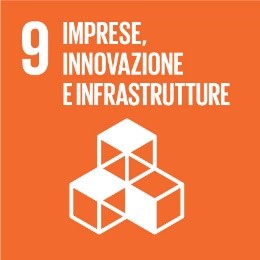
- 9.4 By 2030, improve infrastructure and sustainably reconfigure industries, increasing resource efficiency and adopting cleaner and healthier industrial technologies and processes, ensuring that all states take action in accordance with their respective capabilities
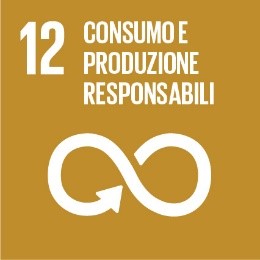
- 12.2 By 2030, achieve sustainable management and efficient use of natural resources
- 12.5 By 2030, substantially reduce waste generation through prevention, reduction, recycling, and reuse
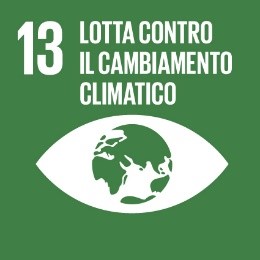
- 13.1 Strengthen resilience and adaptation to climate-related risks and natural disasters in all countries
Sisal has implemented and certified an environmental management system in accordance with standard ISO 14001- environmental management system, in the awareness that measuring and limiting the impact on the environment, including by monitoring and reducing greenhouse gas emissions, is the only viable strategy for reducing climate change and safeguarding our Planet.
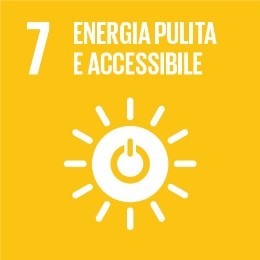
- 7.2 Significantly increase the share of renewable energy in total energy consumption by 2030
- 7.3 Double the global rate of improvement in energy efficiency by 2030
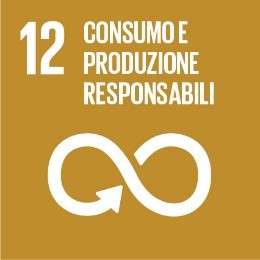
- 12.2 By 2030, achieve sustainable management and efficient use of natural resources
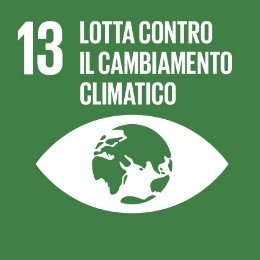
- 13.1 Strengthen resilience and adaptation to climate-related risks and natural disasters in all countries
n conjunction with its corporate objectives, Sisal has set itself ambitious goals for the containment of energy consumption and greenhouse gas emissions and has implemented sustainable projects aimed at their pursuit. With this in mind, an energy management system has been implemented and certified according to standard ISO 50001 - Energy management system.
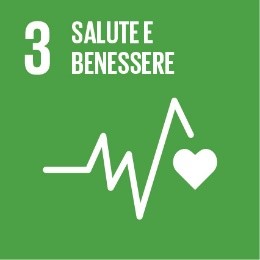
- 3.4 By 2030, […] promote well-being and mental health
In our business strategy there is a commitment to responsible gaming development.
To this end, we implement initiatives in accordance with the European Responsible Gaming Standard issued by European Lotteries. In particular, we are committed to promoting responsible gaming through participation in research initiatives aimed at understanding issues related to problem gaming, providing information and raising player awareness on the importance of balanced, moderate and non-excessive gaming, and developing specific training programmes on responsible gaming issues for our employees and our network. In addition, we are committed to creating games according to risk-reduction logic and to involving stakeholders in initiatives to spread knowledge on responsible gaming issues.
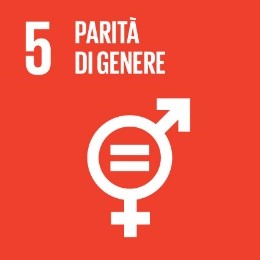
- 5.5 Ensure women's full and effective participation and equal opportunities for leadership at all levels of decision-making in political, economic, and public life
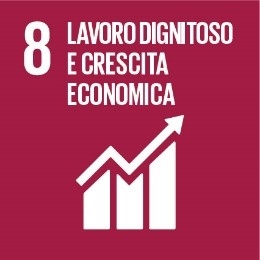
- 8.5 By 2030, ensure full and productive employment and decent work for all women and men, including young people and persons with disabilities, and equal pay for work of equal value
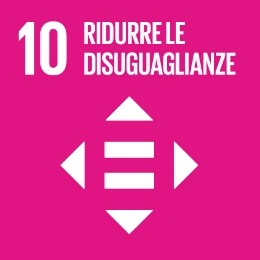
- 10.2 By 2030, empower and promote the social, economic, and political inclusion of all, irrespective of age, sex, disability, race, ethnicity, origin, religion, economic status, or other factors
Our unwavering commitment to reducing gender differences, imbalances in pay for equal professional roles, promoting career opportunities, maternity protection and any other detectable gender inequality have been enshrined in the certification obtained in accordance with PdR 125:2022.
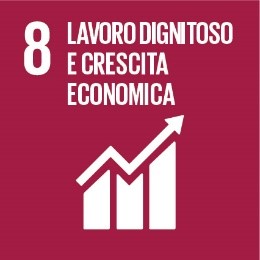
- 8.5 By 2030, ensure full and productive employment and decent work for all women and men, including young people and persons with disabilities, and equal pay for work of equal value
With the aim of ensuring the best quality and efficency of the Call/Contact Center service aimed at our employees and customers, Sisal has implemented and certified a management system compliant with ISO 18295_part 1 - Service requirements for centers customer contact (CCC) and summarized its objectives in the Quality Policy document.
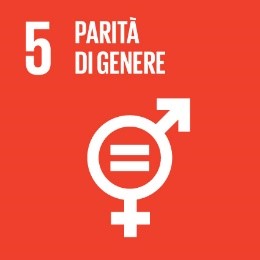
- 5.5 Ensure women's full and effective participation and equal opportunities for leadership at all levels of decision-making in political, economic, and public life
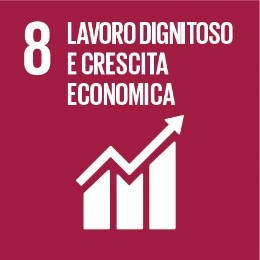
- 8.5 By 2030, ensure full and productive employment and decent work for all women and men, including young people and persons with disabilities, and equal pay for work of equal value
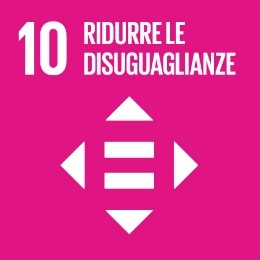
- 10.2 By 2030, empower and promote the social, economic, and political inclusion of all, irrespective of age, sex, disability, race, ethnicity, origin, religion, economic status, or other factors
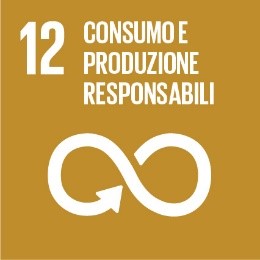
- 12.2 By 2030, achieve sustainable management and efficient use of natural resources
- 12.6 Encourage companies, especially large and transnational companies, to adopt sustainable practices and to integrate sustainability information into their reporting cycle
The approach based on ethical and transparent behavior contributes to sustainable development, in compliance with the law and all international standards of behavior, and makes social responsibility integrated into all our processes, together with the consideration of the interests of our stakeholders. This constant commitment was also confirmed by Sisal's achievement of the ISO 26000 certification on social responsibility.
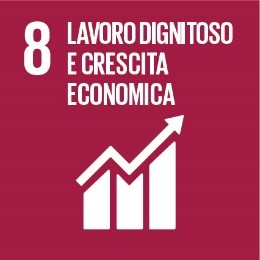
- 8.5 By 2030, ensure full and productive employment and decent work for all women and men, including young people and persons with disabilities, and equal pay for work of equal value
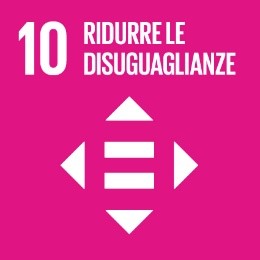
- 10.2 By 2030, empower and promote the social, economic, and political inclusion of all, irrespective of age, sex, disability, race, ethnicity, origin, religion, economic status, or other factors
Sisal has established its constant commitment to the inclusion of people with special needs by obtaining certification of compliance with the UNI/PdR 159/2024.

